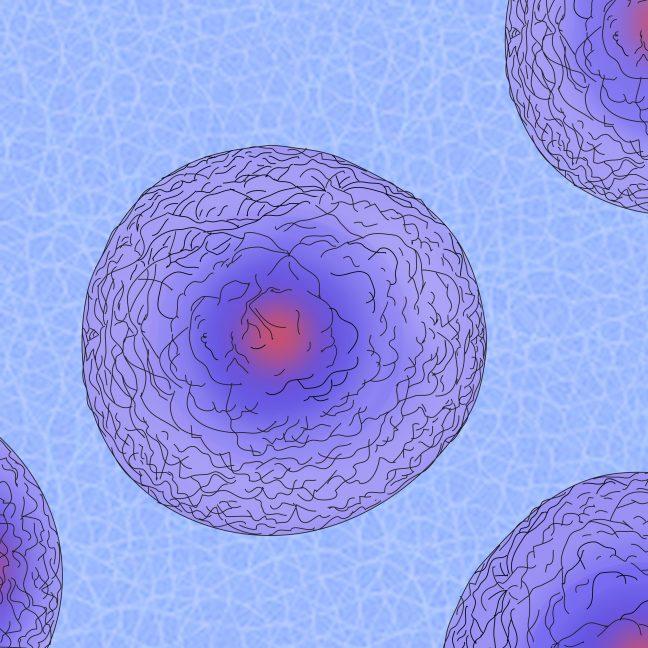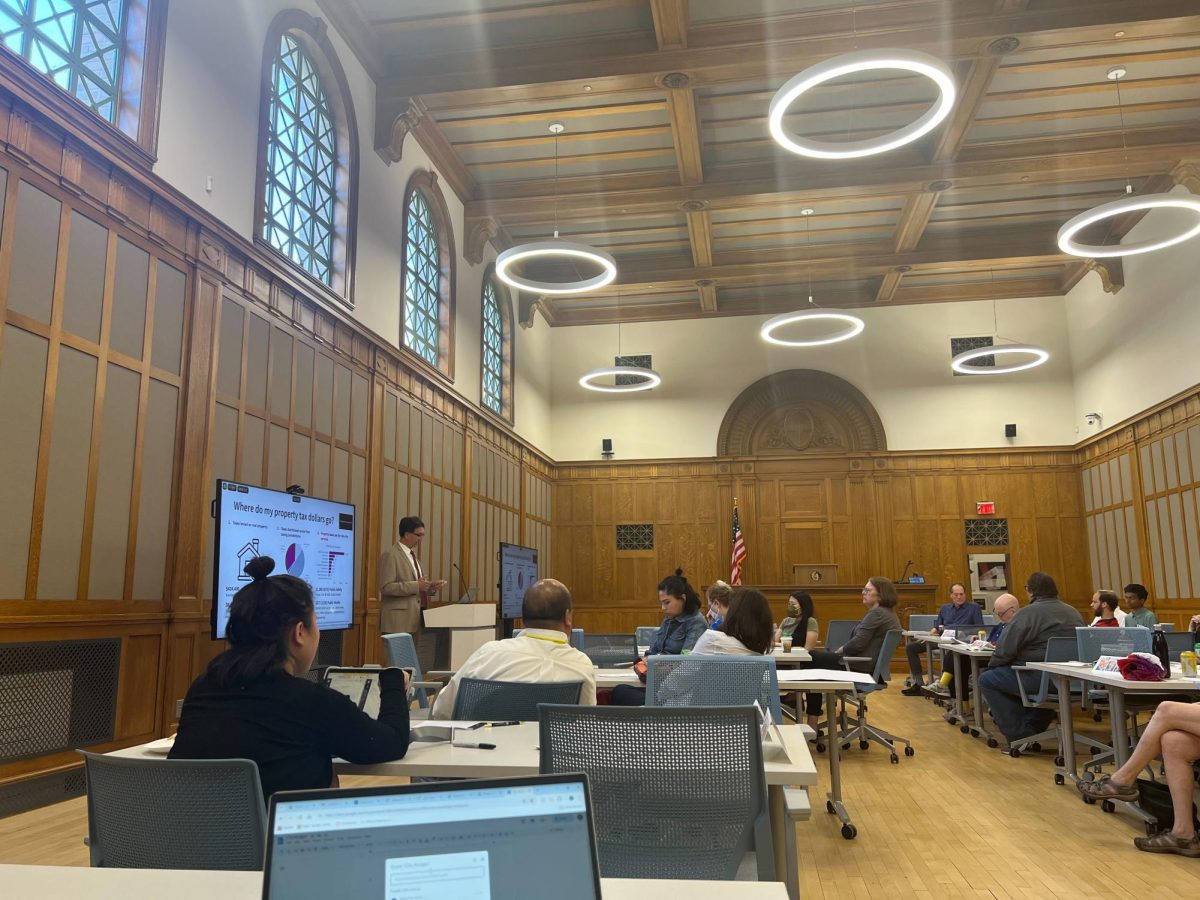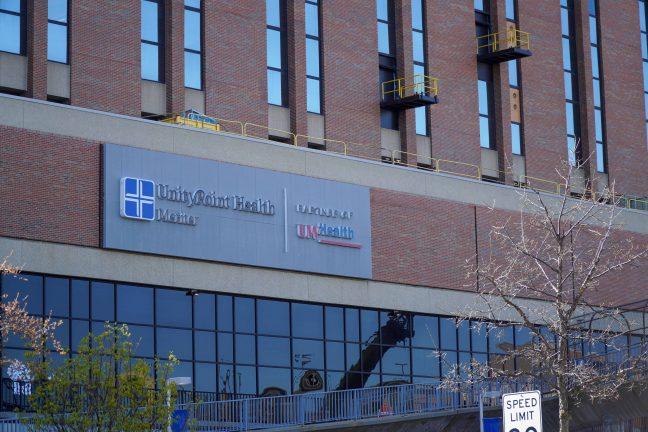A biotech startup achieved a significant breakthrough in the development of therapies that seek to reverse age related hormone imbalances.
JangoBio, a Madison based startup, announced the breakthrough in a press release Feb. 18. The company successfully created organ-like tissue clusters capable of producing ovarian and testicular hormones.
University of Wisconsin endocrinology professor and JangoBio CEO Craig Atwood founded the company in 2014 to address limitations in the current approach to treating hormone imbalances that occur with age.
“As ovaries and testes start to decline in function there’s a loss of dozens of different hormones which are very important for maintaining tissue health,” Atwood said.
Atwood said the current limitations are the ability to only be able to give back one or two sex steroids. Atwood added JangoBio’s strategy of utilizing cell based therapy allows for the synthesis of dozens of hormones to get the entire axis back into balance.
In the bodies of humans or animals, the therapy being developed by JangoBio would involve the injection of organoids, Atwood said. Organoids are tiny, self-organized three-dimensional tissue cultures that are derived from stem cells, according to the Harvard Stem Cell Institute.
The new developments allow JangoBio to begin testing the therapy in animal models, Atwood said. Such testing would be necessary to demonstrate the therapy’s efficacy and would be an important step towards introducing it in the human market, Atwood said.
JangoBio plans on commercializing the veterinary applications of the therapy by introducing it to companion animals within a year and begin clinical trials on humans shortly after, the COO Bill Kohl said. Starting with companion animals would allow the company to test and refine the therapy while simultaneously generating funding to pursue human applications.
After decrease in opioid overdoses in Madison, UW, city takes steps to sustain downward trend
“We can utilize that data and research that results from the animal side to refine the treatments for humans while at the same time sustaining our research without going out and getting additional investor money,” Kohl said.
Atwood said a colleague previously determined reproductive hormones played a role in the neurodegeneration that occurs with Alzheimer’s disease. Atwood added the observation led them to develop the Reproductive Cell Cycle theory of aging which maintains that the improper regulation in sex hormones drives the gradual deterioration of bodily function that occurs with age.
Atwood said he founded JangoBio as a means of translating his findings into a therapy that could benefit both humans and animals.
“The funding required to move such a product forward is more easily obtainable in the private sector than the public sector,” Atwood said. “It’s really tied into finding sufficient capital to be able to move this vision forward to the point where it has practical applications and utility in humans and animals.”
JangoBio was able to establish itself through a small business grant from the National Institute of Health for more money than they initially requested in their application, Kohl said. The grant was especially validating given the vigorous vetting applicants undergo from both scientists and people in industry, Kohl said.
The company raised $2 million from investors in a seed financing round, Atwood said.
“Now we’re positioned to national investment firms for the next round of growth as we develop commercialization in the animals,” Kohl said.
The broad potential of organoid therapy is what prompted Kohl to join the JangoBio team in the first place.
Atwood approached Kohl five years ago to begin and manage the business aspects of JangoBio so Atwood could focus on the research and scientific development, Kohl said. Like a number of roles on the executive board, the COO position is unpaid.
“There’s rarely the opportunity in life for you to get to be involved in something that will have so much impact,” Kohl said. “The long term [goal] is going to be to stave off and mitigate age related diseases.”
Kohl said by reversing hormone decline and restoring the tissues responsible for keeping hormones at their peak youthful levels, JangoBio has every indication from animal models this is going to have that type of impact.
UW-led research reports high level trust in science among American public over past decades
Applications for JangoBio’s hormone therapy go beyond humans and companion animals, Kohl said. The agriculture industry could potentially apply the therapy to extend breeding times for stead animals and production time for dairy animals, Kohl said.
While Atwood considers the company to be cutting edge in the development of hormone based organoids, Atwood said a number of companies are conducting parallel research in developing similar stem cell based therapies, particularly in the field of Type 1 diabetes.
JangoBio is one of 10 other biotech companies in the Madison area, all part of a thriving biotech industry born as a result of research conducted at UW, according to the Wisconsin State Journal.


















